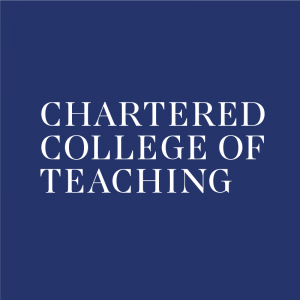This article draws on an  analysis of the interfaces between the generic professionalisation of teaching, led by the new Chartered College of Teaching UK, and the existing chartered subject teacher statuses. The analysis was undertaken by the author and explores the policy choices necessary for further strengthening support and recognition for subject expertise within teacher professionalisation.
analysis of the interfaces between the generic professionalisation of teaching, led by the new Chartered College of Teaching UK, and the existing chartered subject teacher statuses. The analysis was undertaken by the author and explores the policy choices necessary for further strengthening support and recognition for subject expertise within teacher professionalisation.
The bodies within the scope of the research included the Association for Science Education, the Royal Society of Biology, the Royal Society of Chemistry, the Science Council, the Institute of Mathematics and its Applications, the English Association, the Historical Association, the Geographical Association and the Royal Geographical Society. The criteria and processes for subject teacher recognition schemes provided by these bodies were mapped, and their operation researched through interviews, covering the practicalities of operation of the Chartered schemes, the support available for applicants, numbers taking up the status, the costs to the organisations, monitoring, and the electronic systems used for the process and for the keeping of CPD records. The philosophy behind the schemes and their strategic importance to the organisations was also explored.

